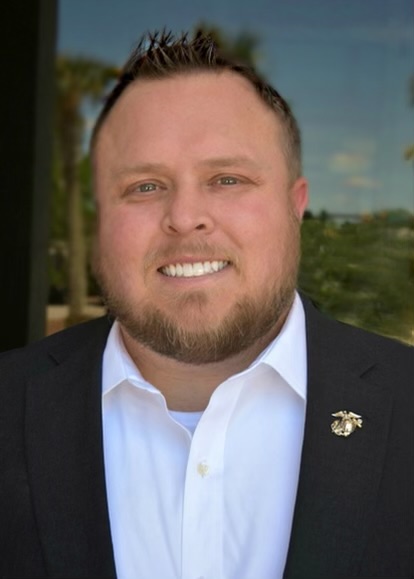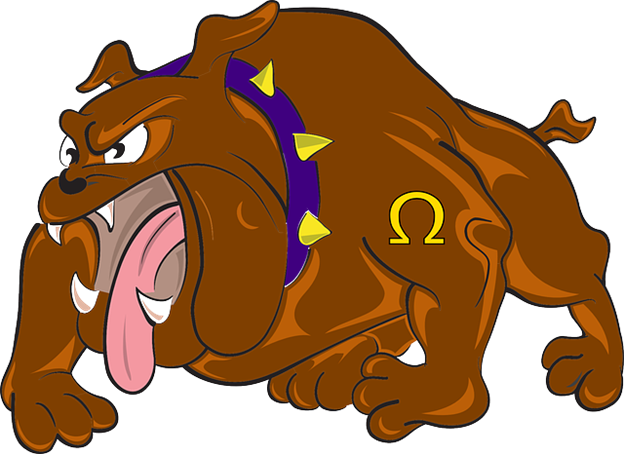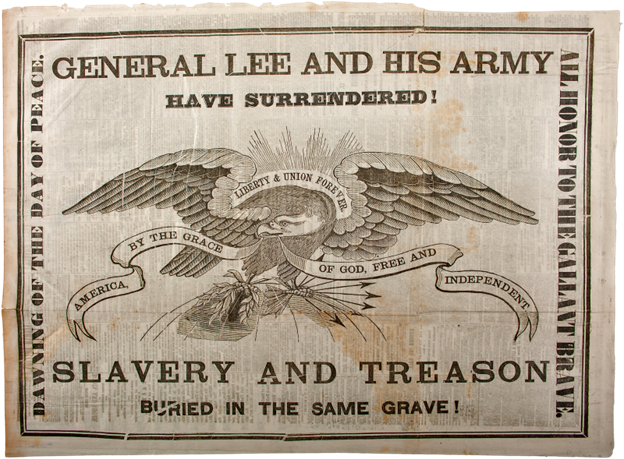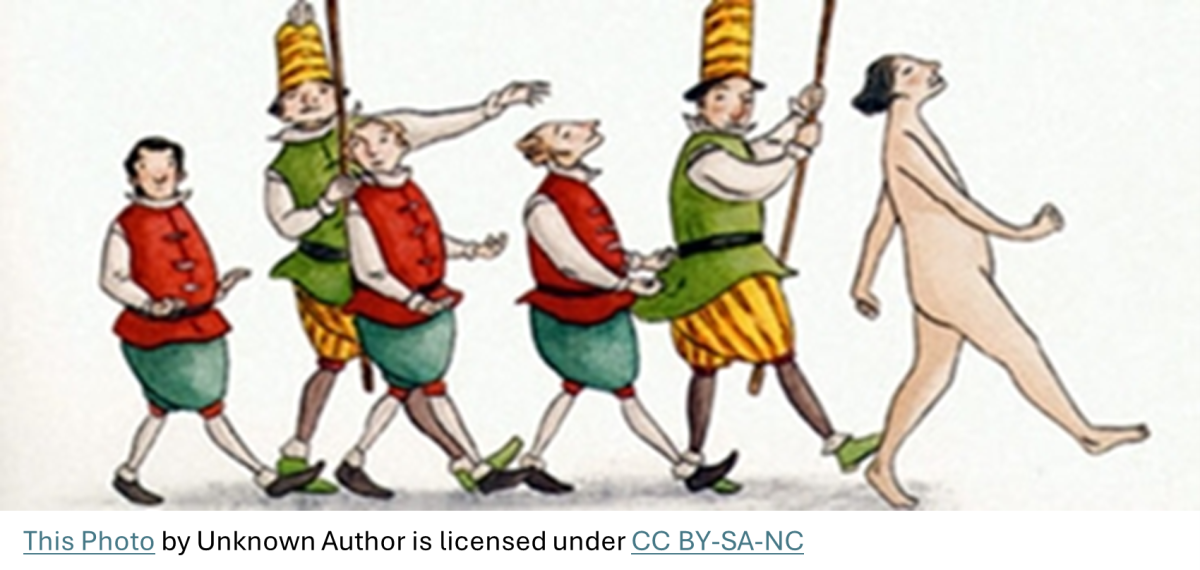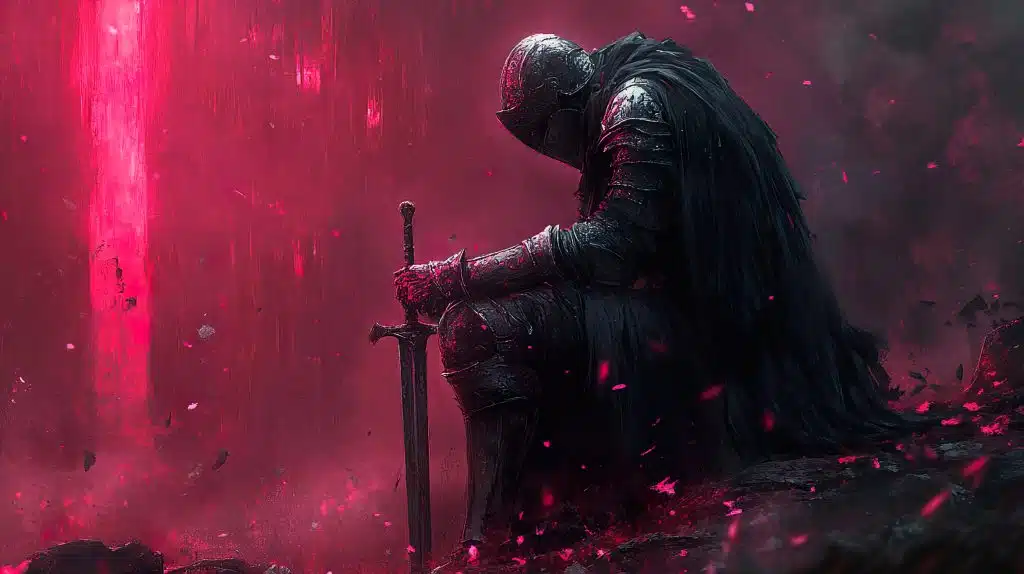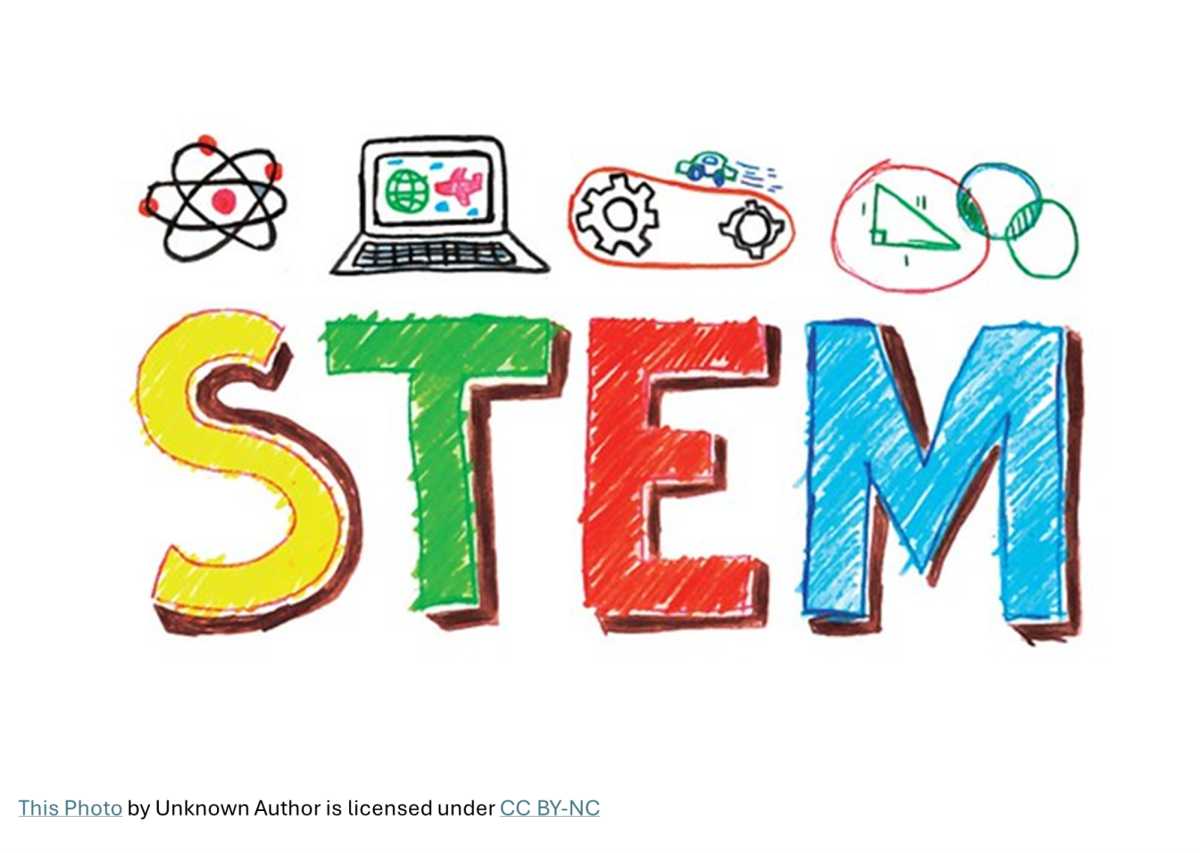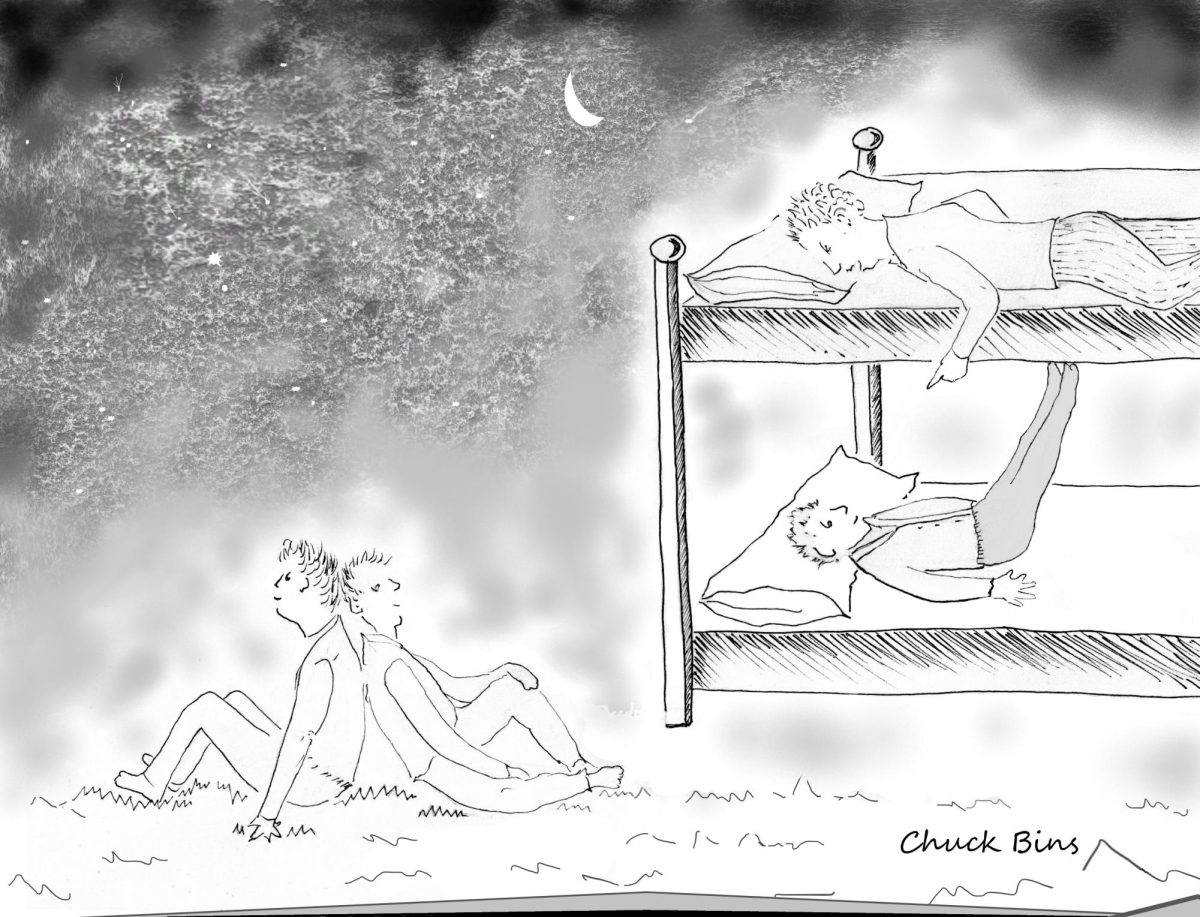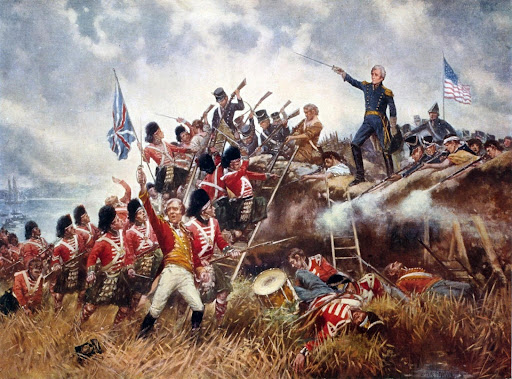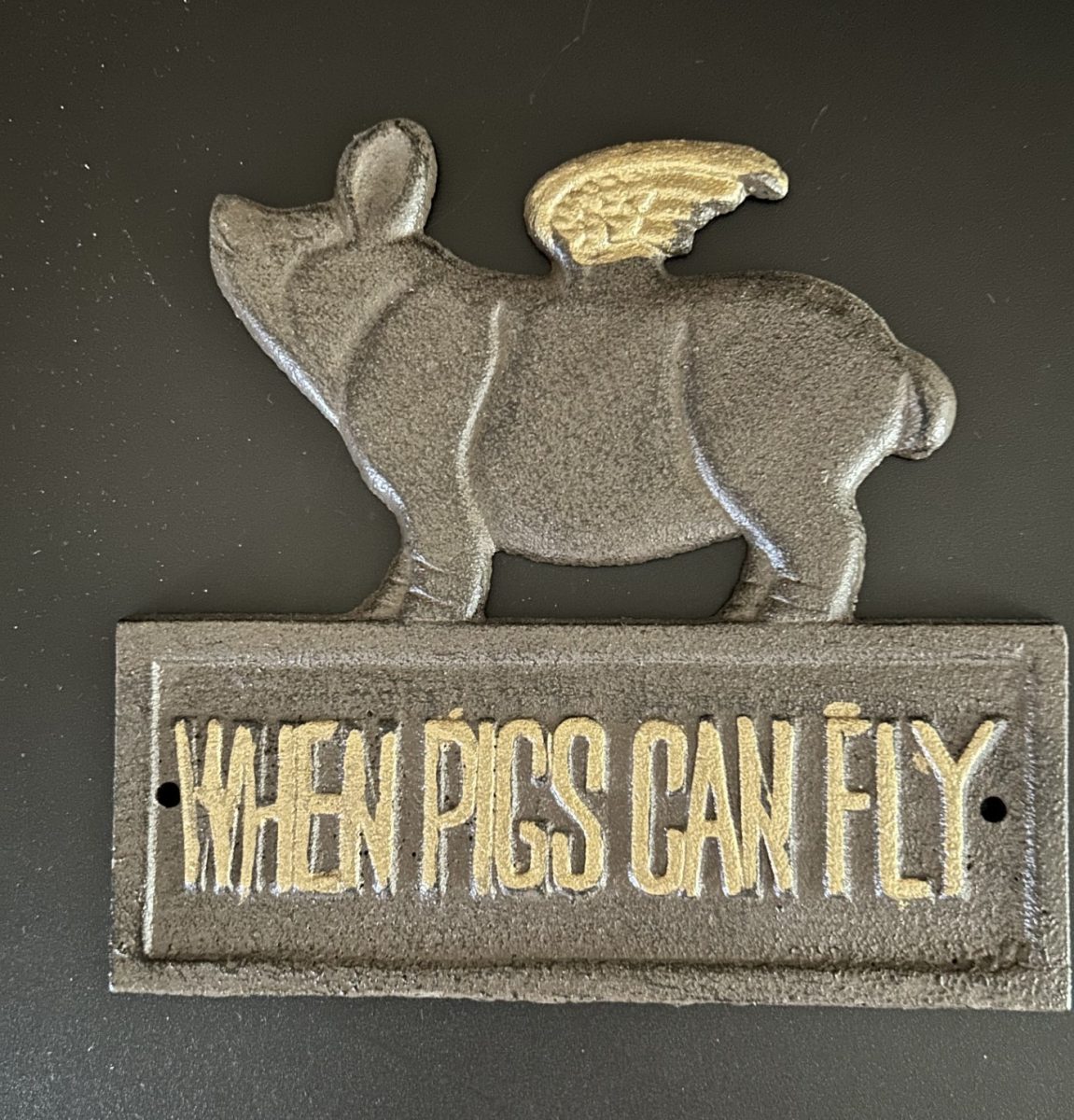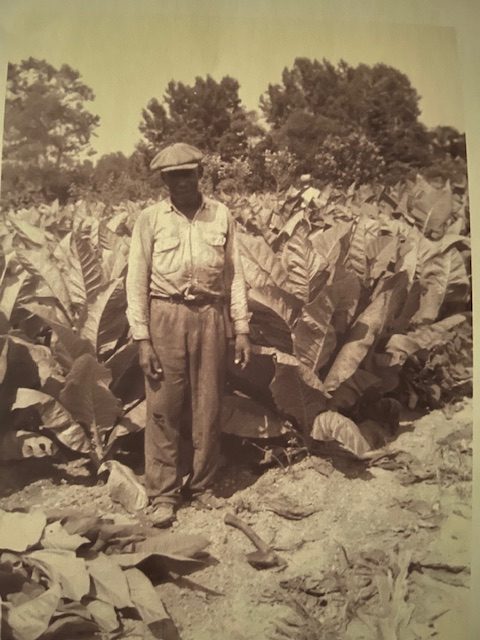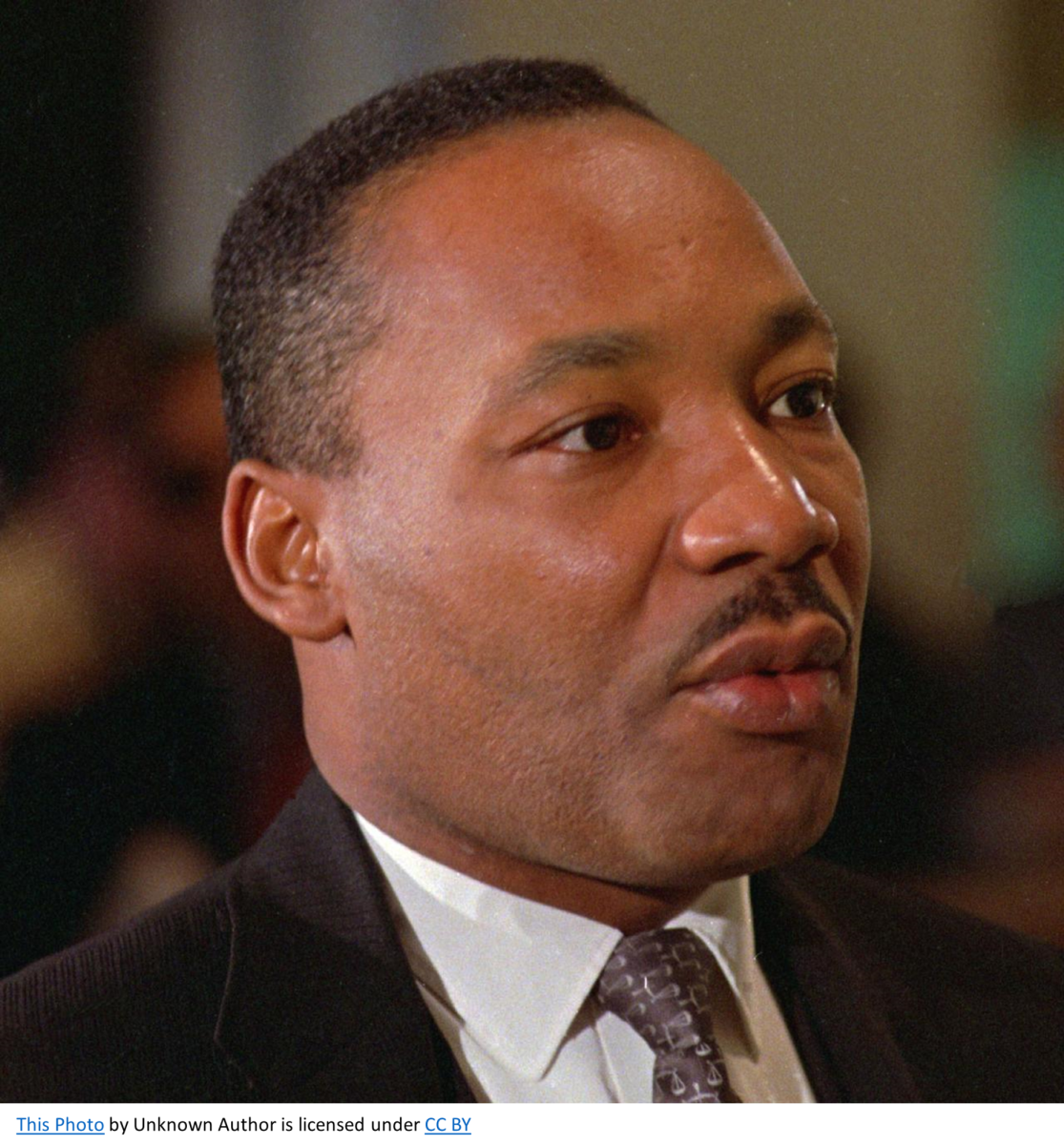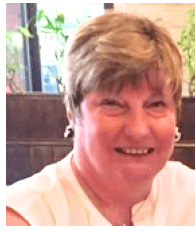Just like the bombing of Pearl Harbor in 1941, the attack on the World Trade Center’s Twin Towers on September 11, 2001, inspired many to join the military. John Albertson is one of those people. John joined the Marine Corp right out of high school. Initially, John’s mother was not in favor of him joining the military having lost her father during the Viet Nam War. He received the Distinguished Service Cross for his service. John’s mother didn’t want to lose anyone else that she loved. But he compromised by selecting a military occupation path of “Hazmat Operator”—not combat, but still highly dangerous. He wanted to serve his country and decided the military would provide him with skills that he could turn into a career path when he was discharged.
Unfortunately, the military had severe manpower needs so as soon as John graduated from boot camp, he did not go into Hazmat training, he was deployed to Iraq and assigned to a combat unit. He served with various units protecting our convoys until he became part of the Quick Reaction Force (QRF). He served in part of the Second Battle of Fallujah, called “Operation Phantom Fury.” This battle was a joint American, Iraqi and British military campaign that ultimately crushed the Islamic insurgents in Fallujah, Iraq.
The U. S. victory allowed allied forces to retake the city to stop the spreading of armed opposition against our troops. One of the duties assigned to John and his unit was to remove the bodies of Iraqi troops from the streets of Fallujah who were killed in the battle and to oversee their burial. It was a stressful assignment, both physically and mentally. Our military took the bodies to a place called the “Potato Factory” where they would be entered into a “green book” as either an insurgent or civilian. In the first documented report from the State Department in 2016, it was explained that the Potato Factory was the place where the bodies were examined for hidden weapons or identification before being placed in body bags and buried.
John returned to the US in 2005. He was experiencing chronic fatigue and had trouble with pain in his joints. As bad as that was, the worst thing that was happening to John was severe nose bleeds. Although he saw over 40 doctors over time, no one could come up with a specific diagnosis—chalking up his symptoms to PTSD, depression and other sustained injuries. In 2006 John was medically retired from the Marines.
John went into law enforcement, where he said he had the opportunity to help a lot of people, but his nose bleeds got worse. He was constantly tired, and in pain. Then John’s symptoms spread to his eye’s and airway. Causing him to loose his vision, voice, and almost his ability to breath on his own. Ultimately, he left law enforcement, after reaching the rank of Captain. It took several months to determine that John was suffering from Wegener’s disease (Granulomatosis with Polyangiitis) —a rare auto immune disease that affect’s multiple organs and respiratory system that is treated with chemotherapy-based drugs and steroids. It was later suggested that John’s disease was triggered by airborne contaminants that invaded his sinuses, in all likelihood, from Iraq.
In June 2023, John was undergoing his chemo treatment which weakened his immune system when he developed an infection in his tear duct. The infection spread and he was diagnosed with Sepsis and was in the ICU. He ultimately had surgery at Chapel Hill and is recovering.
This was a dark time for John. How much could he endure? While he was fighting for his life, all he could think about was how much he wanted to live. He realized how much this disease and living with PTSD has taken from him. Living almost 20 years without feeling real joy or happiness while thoughts of suicide hovered over him.
While laying in the hospital bed John decided to reprioritize his life and redevote his focus to his faith, family, and health because in the end that’s all that really matters. John hopes to use his struggles to help others going through similar situations. As John was struggling with his heightened anxiety, he saw many of his former Marine friends give up. They took their lives by suicide. One of his friends, Gavin, the last one anyone would think would give up did just that.
John said, “Gavin was always the strongest person overseas. He was the guy everyone looked to for answers. He left the military, went back to school for his MBA and became vice president for a large bank. He seemed to be doing very well, but one day, he committed suicide, and no one saw it coming.”
John still has pain. He has good days and bad days, but his message to everyone is to do everything you can to fight depression or anxiety when it grabs you and tries to pull you down. He said, “Life is short, find a way to appreciate it every day that you are alive.” He continued, “Your body is resilient. It will fight off illness and infection. Don’t give in to suicidal thoughts—that is not you, it is the person that you are when you are in the depths of giving up. Choose life. Choose to live and contribute and enjoy all that life has to offer. Choose to go on. Every day is a gift.”
John is also a member of Leland VFW Post 12196 where he serves as the Post Surgeon. Even through his tough times, he has been available to assist other veterans in need. As one of Leland’s many “American Heroes,” we salute you for your courage in defending America and the courage to fight for a long and happy life.
Editor’s Note: Kai is a 10th-grade Student at BECHS who is a freelance journalist in training

